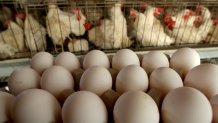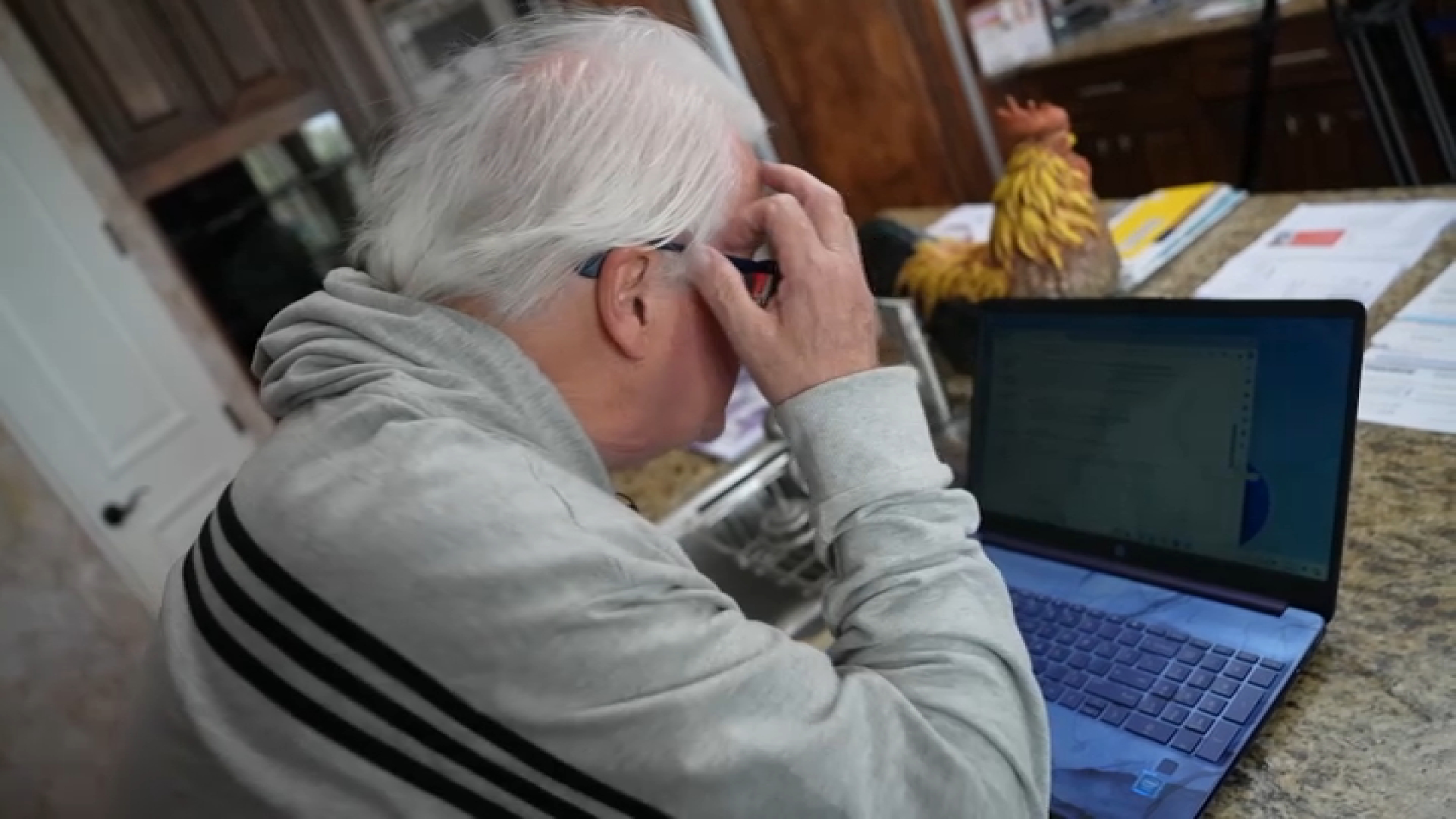A trip to the supermarket today will cost you more than it did a year ago, thanks to inflation. And remember when egg prices soared due to a shortage? Prices have started easing but still remain higher than normal.
But there's another challenge. The variety of eggs at the store -- free-range, cage-free, organic and so many more. Maybe you've wondered, "Is it really worth paying more?"
A lot of the terms on egg cartons don’t really have a defined meaning. And if you’re going to pay a high price for eggs, you’ll want to ensure you’re getting what you think you’re getting. Consumer Reports offers some tips to help sift through the endless barrage of egg labels.
"Natural" Eggs
Get San Diego local news, weather forecasts, sports and lifestyle stories to your inbox. Sign up for NBC San Diego newsletters.
Let’s start off with labels you can ignore, like “farm fresh,” “natural,” and “no hormones.” All eggs are from farms and all eggs are natural, so “farm fresh” and “natural” have no meaning. And by law, chickens can’t be given hormones. So a carton of eggs that has one or more of these claims isn’t any different from a carton that doesn’t.
Cage Free Eggs
“Cage-free” is another misleading label. While it’s true the hens aren’t kept in cages, they can still be kept indoors, often in crowded conditions.

Free-Range Eggs
NBC 7 Responds
Recovering your money
The “free-range” label is also dubious. Free-range birds aren’t kept in cages, and they have outdoor access, but they can still be raised in crowded conditions, and the outdoor area can be very tiny.
What Makes Eggs Organic?
If the egg carton has an “organic” seal, it means the eggs were laid by hens-fed grains grown without most synthetic pesticides or genetically modified organisms (GMOs). The birds can’t be raised in cages and must have outdoor access, though that could still mean confined conditions in a building with just a small concrete porch.
Pasture Raised
“Pasture-raised” on its own isn’t meaningful. But if it’s paired with the Certified Humane label, you can be sure the chickens had access to a pasture with space to do chicken things like pecking for seeds and bugs.
So if buying eggs from healthier hens who were raised in more humane conditions is important to you, choose ones labeled “pasture-raised,” but be prepared to pay more, wellover $5 per dozen.



